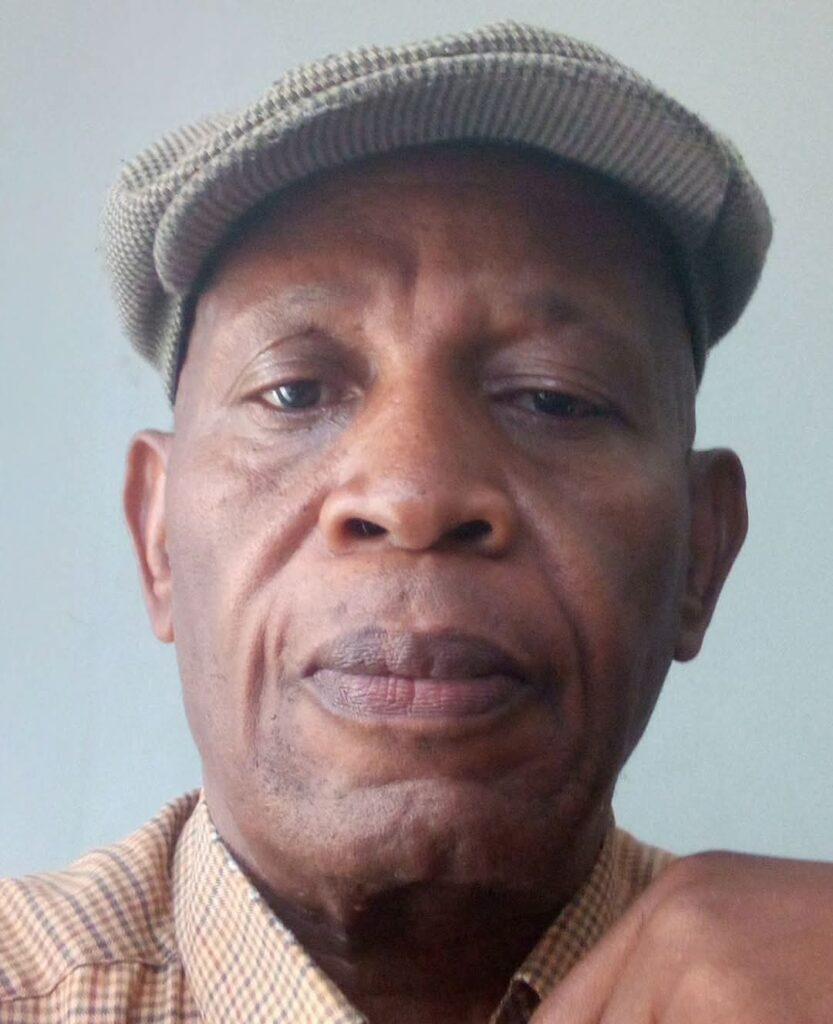 Phalane Motale Veteran Journalist
Phalane Motale Veteran Journalist
By Phalane Motale
Veterans Journalists
Respecting leaders and elders is a fundamental aspect of many cultures across the globe and is often seen as a sign of good character by citizens of any country especially on the African continent.
It involves showing courtesy, kindness, and consideration towards those who are older or in positions of authority.
This respect is not merely a social convention but is often deeply rooted in cultural values and religious teachings.
Our Deputy President Paul Mashatile was recently named a Mampara of the Week by
Times live and their Sunday Times associates, which was not for the first time by South African media.
Mashatile is also not the first leader to be called a moegoe, mampara or palooka by our supposedly objective media.
President Cyril Ramaphosa has
been called such by our media on many occasions.
But that should stop now! Yes, as in yesterday.
If we do not respect the individuals in these honourable offices, let us at least respect the Presidency Office which often serves as a symbol of national unity and identity.
Whether we call our leaders mampara, moegoe or palooka, all South African informal and derogatory words for a person lacking intelligence, a fool, or an idiot, we must consider the concept of ‘respect’ in African culture in the context of journalism practice.
Do we want to tell the world that we are being led by people lacking intelligence, fools or idiots?
Who elected these leaders? Does that then not reflect on us as a nation that
we could be mentally derailed by electing leaders who lack intelligence?
Charity begins at home.
If you don’t respect your parents, or even your partner by calling them stupid, how do you expect your neighbours to not treat them as such?
We live in a global environment and cannot expect the USA and other countries to respect our leaders whom we publicly disrespect and ridicule in public.
In any country in the world, the Presidency represents the Executive branch of Government, which is essential for maintaining order and implementing laws.
Respecting this office helps ensure the stability and continuity of governance,
regardless of who occupies the position.
Respecting the presidency, therefore, can foster a sense of shared purpose and
cohesion among citizens, which is vital during times of crises or national celebration.
Further, the Presidency is the face of the country on the global stage.
Respect for the presidency can enhance the nation’s reputation and strengthen
diplomatic relations, as it reflects a stable and respectful political environment.
In addition, respecting the presidency can contribute to higher levels of trust in government institutions.
This trust is essential for effective governance and public cooperation with government policies and initiatives.
Also, demonstrating respect for the presidency encourages a culture of respect for other institutions and offices within the government.
While it is important to hold the Presidency accountable for its actions and decisions, maintaining respect for the office itself helps preserve the integrity and functionality of
the political system as a whole.
It is, therefore, unfortunate that our media could have the courage to call the Deputy President a mampara.
Investors seek stable and predictable environments to ensure their return on
investments.
Negative utterances on the country’s leadership can significantly impact
the efficiency and profitability of businesses and leading to the country struggling to attract new investments.
Therefore, respecting our leaders is crucial to creating a stable and attractive investment climate in South Africa.
For decades, since the debate about the role of the media in post-colonial Africa emerged, a distorted interpretation of the meaning of ‘respect’ in the African cultural
context has persisted in academic discourse to the present day.
Respect for elders and leaders is a fundamental cultural norm in many African societies.
Disrespecting them can have serious consequences, ranging from social ostracisation to spiritual repercussions.
In some cultures, it might involve public shaming or even rituals
to atone for the disrespect.
I know that some will argue that while respect for elders is important, it shouldn’t be used to stifle freedom of speech or critical thinking, especially when it comes to holding leaders accountable.
Practicing respect towards others, especially those in positions of authority, can contribute to the nation’s moral development and character.
We appeal to the media to use respectful language and be considerate of our leaders’ image on the global platform.
While there is a place for humour in journalism, there is certainly no room in objective journalism for calling people, especially our leaders’ names.
Again, let us be reminded of the power of the media.
The written word is still regarded
as absolute truth in most societies globally.
Tshwane Talks readers have been able to read stories in this publication for free for over two years now. We still want our readers to access our stories for free, but we are asking those among our readers who can afford it to contribute at least R30 a month to cover some of the costs of publishing this independent, non-aligned online newspaper which gives a voice to all sectors of society irrespective of race, colour, creed, religion, or political affiliation. You may make your contribution by depositing at least R30 a month into Tshwane Talks' bank account. Details are as follows:
Bank Details
Bank: Standard Bank
Account Number: 10225548834
Account Type: Cheque Account